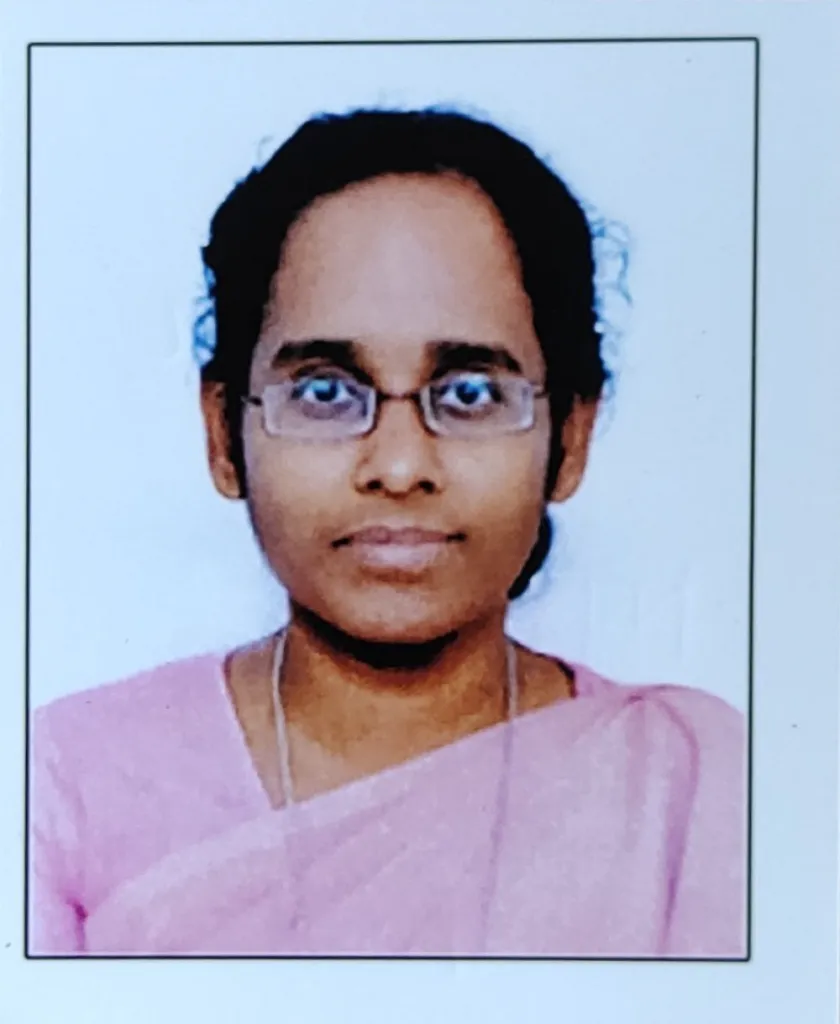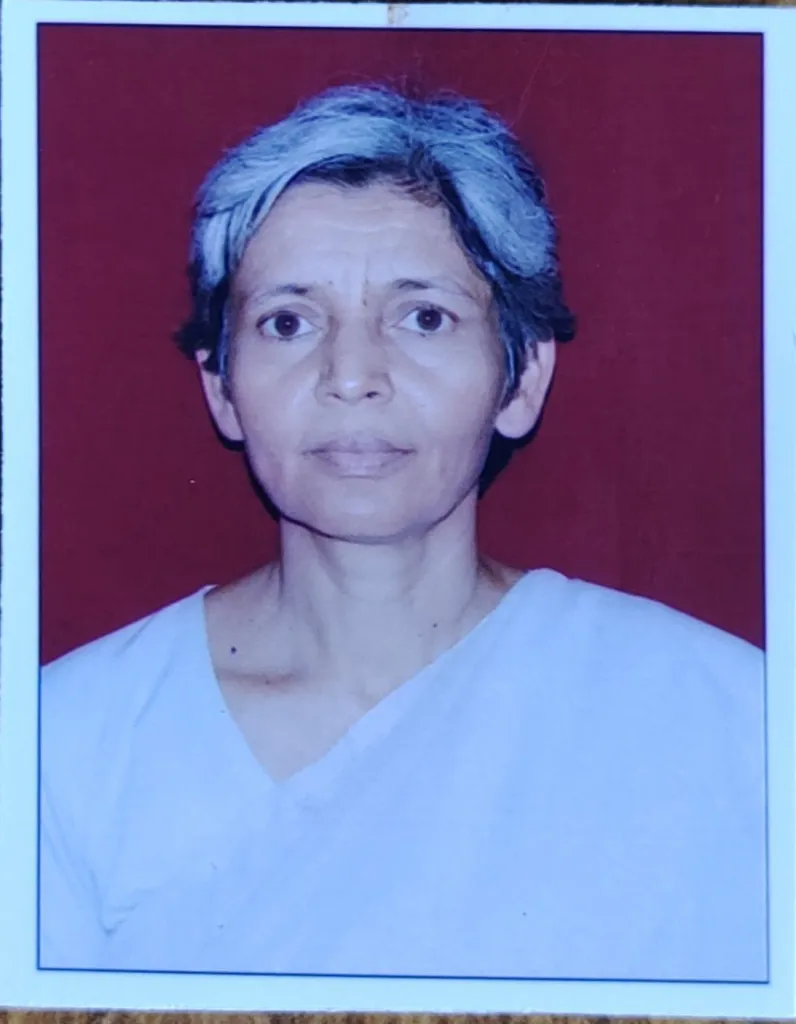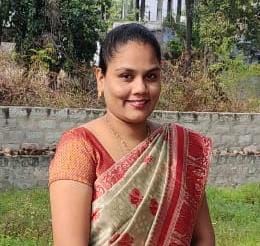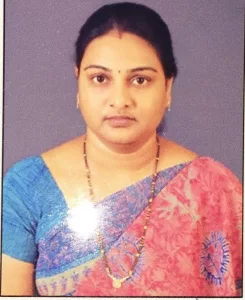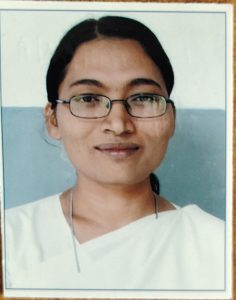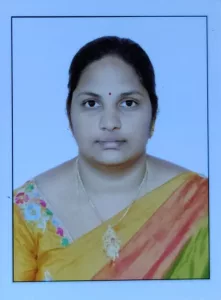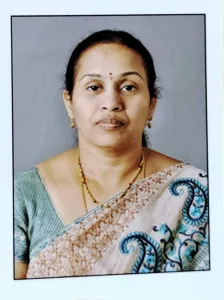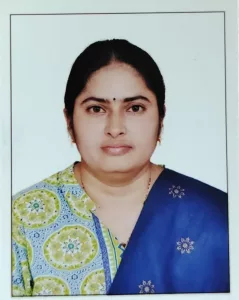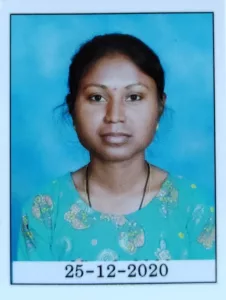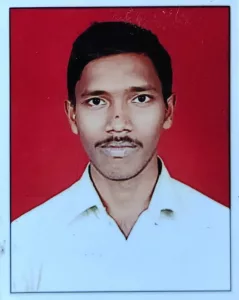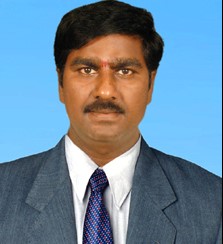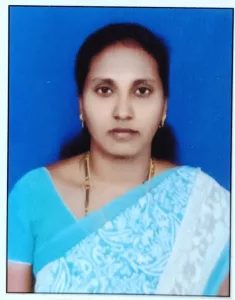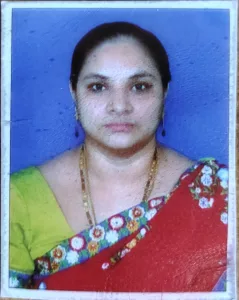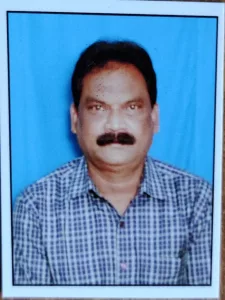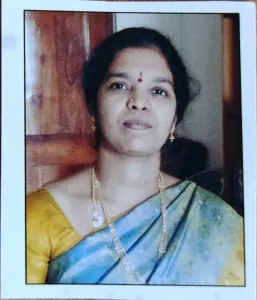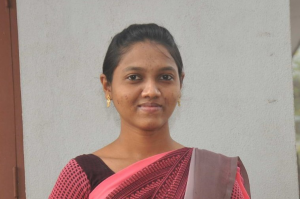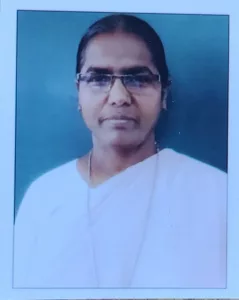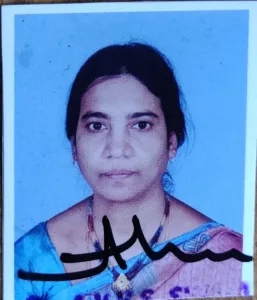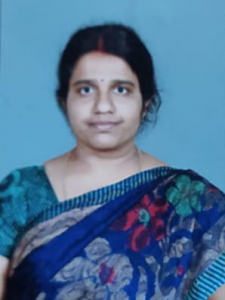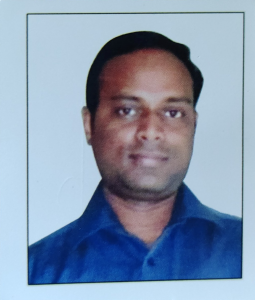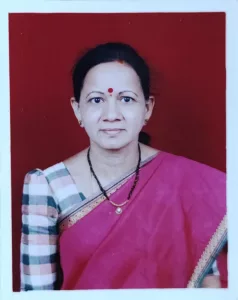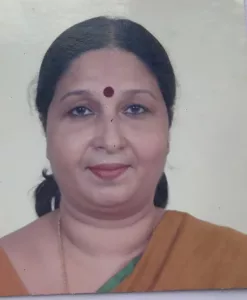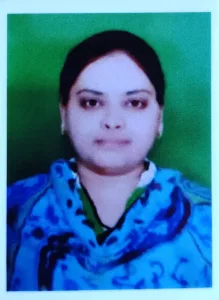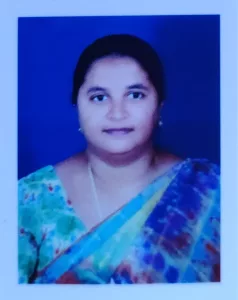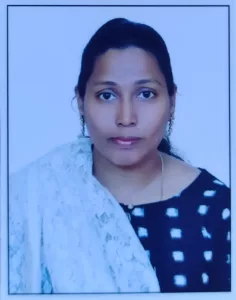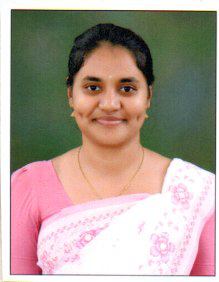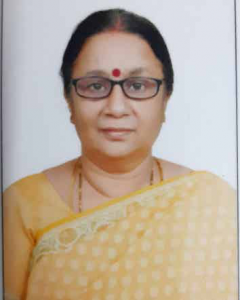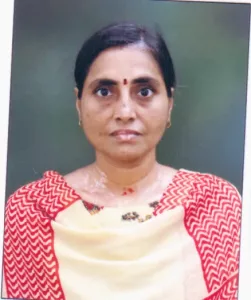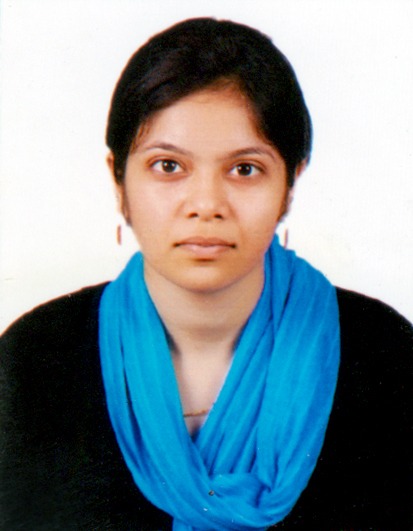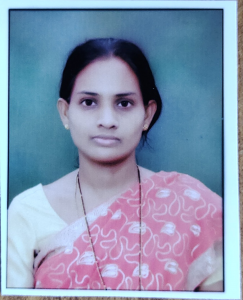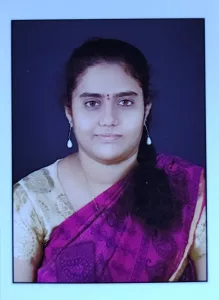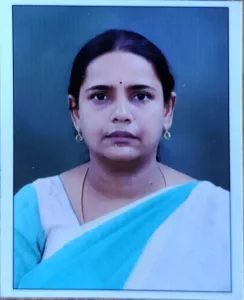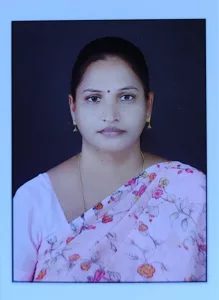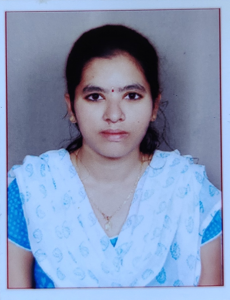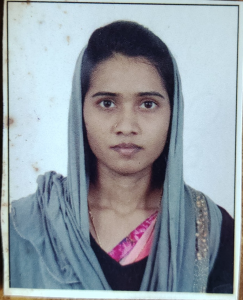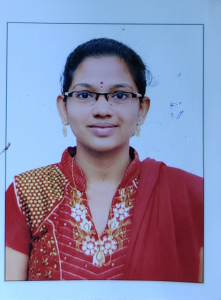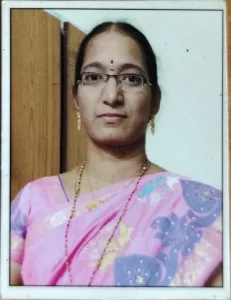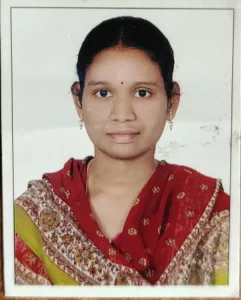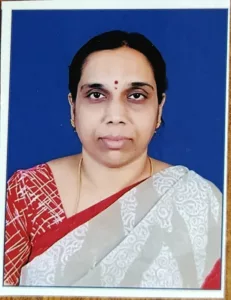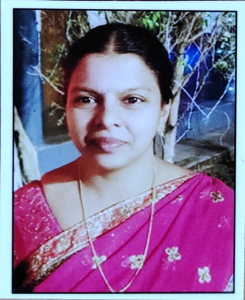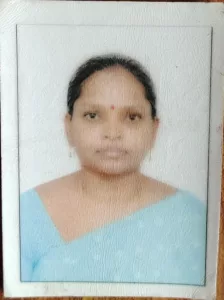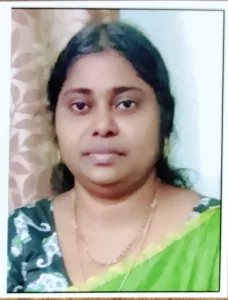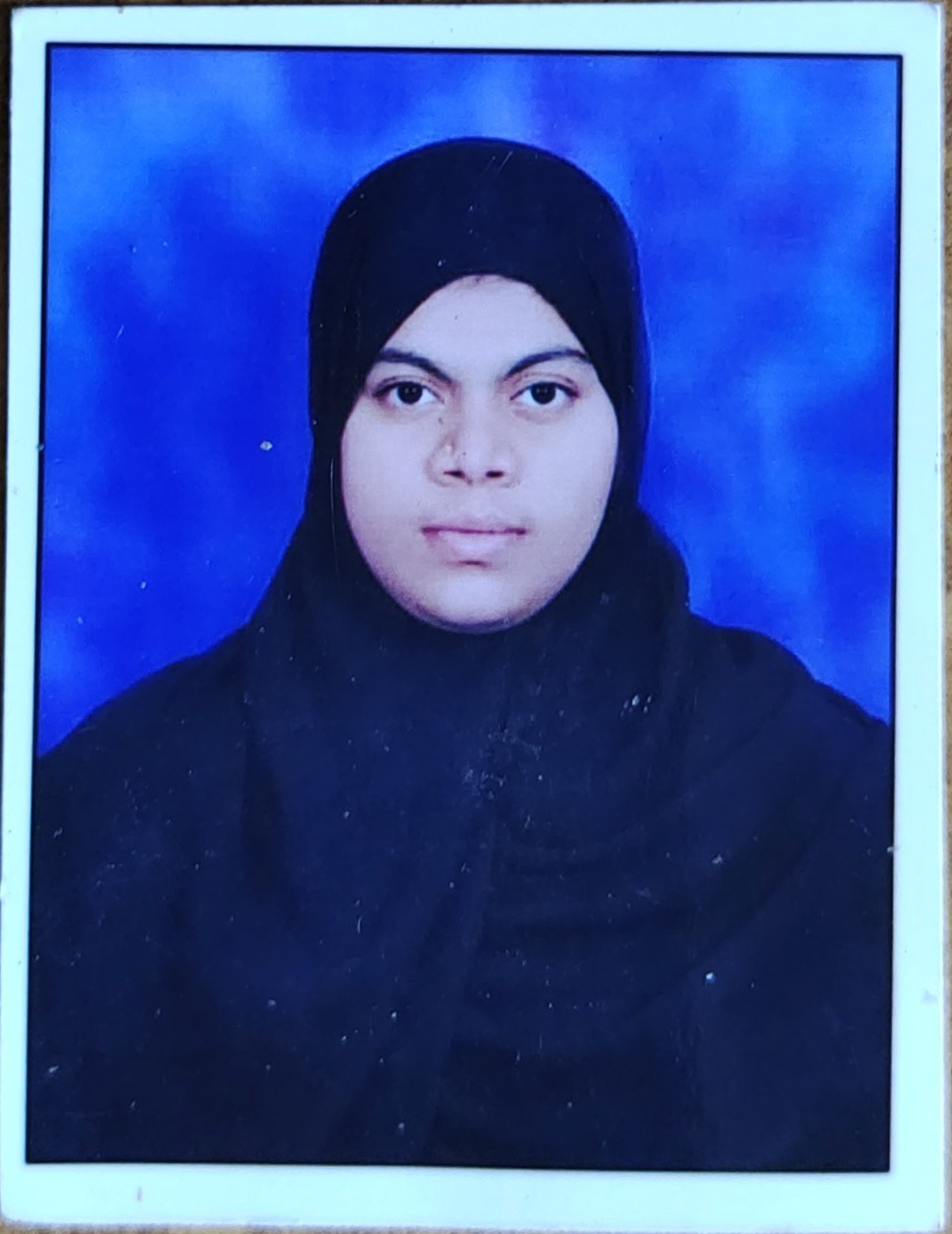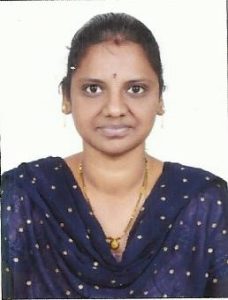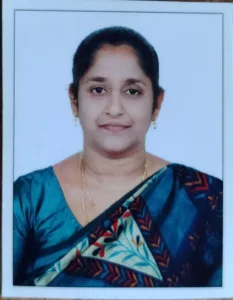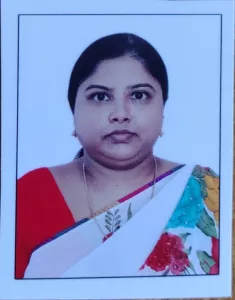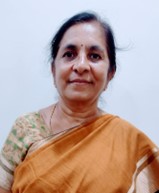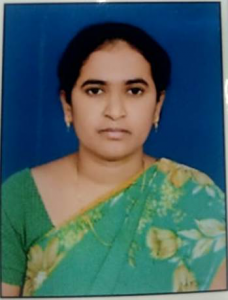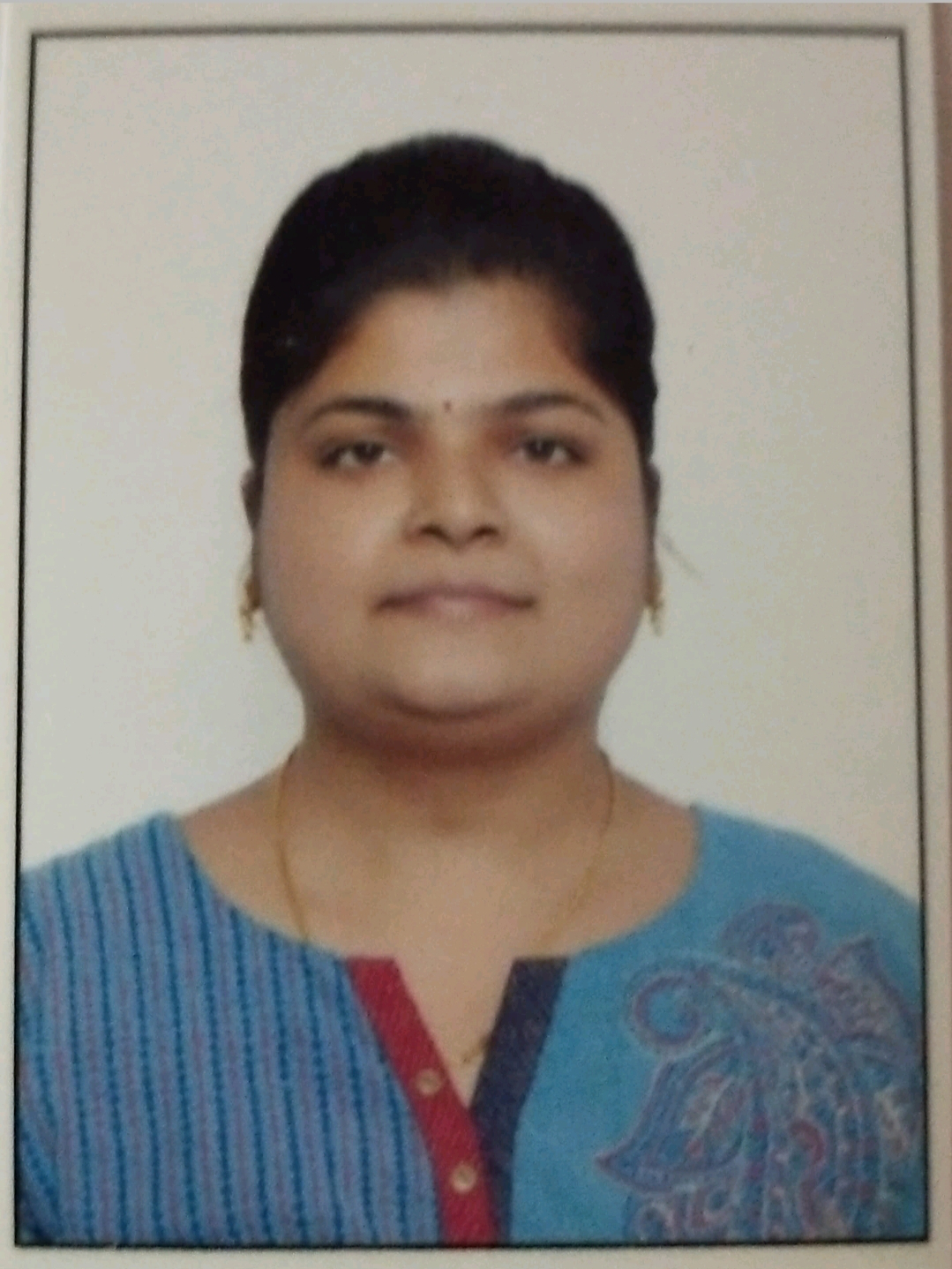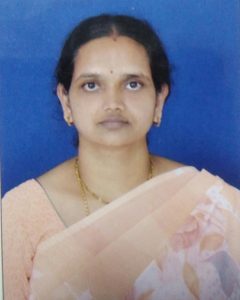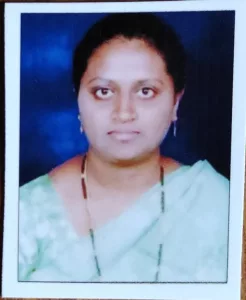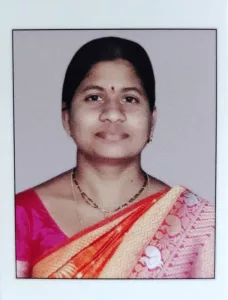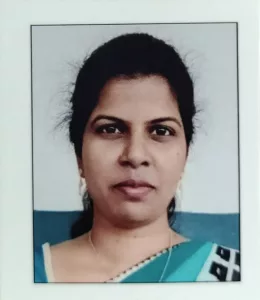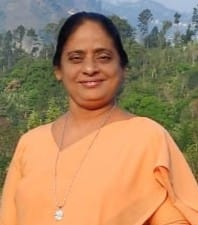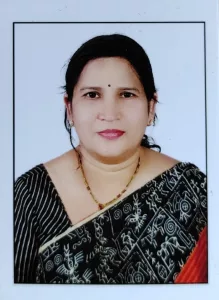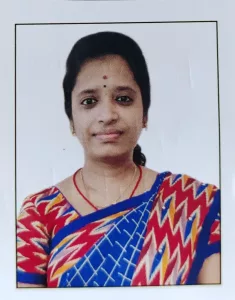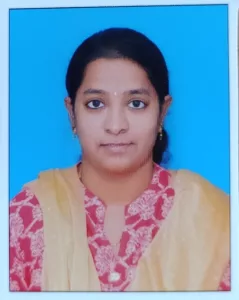About NSS Unit I & II
National Service Scheme, Maris Stella College consists of two units. It is an umbrella organization of The National Service Scheme, a Central Sector Scheme of Government of India which comes under the aegis of the Ministry of Youth Affairs & Sports. The National Service Scheme (NSS) is an addition of activities in the higher education system of India with the aim of allowing students to develop their personality by providing community service while they are studying. It provides opportunity to the student youth to take part in various government led community service activities & programmes. It arouses among the student youth an awareness of the realities of life, a better understanding and appreciation of the problems of the people. NSS is, thus, a concrete attempt in making campus relevant to the needs of the community.
Goal
The main goal of the NSS is education via community service and community service via education.
Aims & Objectives
One of the main objectives of NSS is to uphold personal growth of students through involvement in community development. To provide hands on experience to young students in delivering community service is another important objective of the NSS. It also helps the students to
- Develop a democratic attitude and acquire leadership qualities.
- Gain skills and competence required for group-living , sharing of responsibilities and organizing participation to the community.
- Develop civic and social responsibilities
- Know about and understand the type of community they work in
- Understand themselves in relation to their community
- Understand their roles in the community
- Identify the problems and requirements of the community and help the community in solving them
- Utilize their skills and knowledge to find practical solutions to individual and community problems
- Involve the community in problem solving processes
- Gain skills in mobilizing community participation
- Practise towards national integration and social harmony
Strategies: Mechanism & Procedures
The cardinal principle of the NSS programme is that it is organised by the students themselves and both students and teachers through their combined participation in social service, get a sense of involvement in the tasks of national development. Besides, the students, particularly, obtain work experience which might help them to find avenues of self-employment or employment in any organisation at the end of their academic career.
Students under the NSS must put in 2 years of services along with their studies and 120 hours of service every year as well as participate actively in regular activities and in at least one special camp programme. Budget allocated for regular activities is Rs.250/- per volunteer, per annum and for Special Camping Programme: Rs.450/- per volunteer, for two consecutive years. Themes for the Special Camping have been selected in accordance with national priorities. The nationwide campaign on AIDS Awareness called “Universities Talk AIDS” (UTA) launched by NSS from 1991-92 onwards has earned international attention and appreciation. The theme from the year 1995-96 onwards for Special Camping is Youth for Sustainable Development .
Community service rendered by NSS students has covered several aspects like adoption of villages and Urban slums for intensive development work, carrying out the medico-social surveys, setting up of medical centres, programmes of mass immunization, sanitation drives, adult education programmes for the weaker sections of the community, blood donation, helping patients in hospitals, helping inmates of orphanages and the physically challenged etc. They have to do useful work in organising campaigns for eradication of social evils, and popularization of the nationally accepted objectives like nationalism, democracy, secularism, social harmony and development of scientific temper.
Roles & Responsibilities
- NSS volunteers work in rural areas, adopted villages and schools to serve the cause of society through survey, education and health awareness programmes. This study involves identifying the importance, aims and objectives of NSS in higher education which in turn create social responsibility among the students.
- The motto of NSS is to develop the community by educating the society along with student’s personal development. So it becomes the important role and responsibility of the NSS students to create awareness in the community on protection of environment.
- As progress and development of a nation depends upon health, to provide necessary basic information and awareness on health related concepts is the first and foremost responsibility of NSS students. N.S.S. volunteers are required to take steps to develop community assets, infrastructure and preserve natural resources of the country.
- Other thrust areas for N.S.S. activities are sustainable development, rural reconstruction, watershed management and wasteland development. N.S.S. volunteers are required to take up number of activities for the eradication of illiteracy such as adult education, non formal education, and women literacy programmes etc.
- NSS volunteers render commendable relief work during natural calamities/emergencies such as cyclones, floods, famine, earthquake, tsunamis etc from time to time all over the country.
Benefits
- Any NSS volunteer who takes an active part in the community service programmes would have the exposure and experience to become a sensible human being who understands human nature, an accomplished social leader and also as an efficient administrator.
- Apart from that, he or she can also be selected for The National Integration Camp (NIC) organized every year in different parts of the country.The duration of each camp is 7 days with day-night boarding & lodging. Each camp involves 200 NSS volunteers to undertake the scheduled activities.
- Adventure camps are held every year which are attended by approximately 1500 NSS volunteers with at least 50% of the volunteers being girl students. These camps are conducted in Himalayan Region in the North and Arunachal Pradesh in North East region. The adventure activities undertaken in these camps include trekking of mountains, water rafting, Para-sailing and basic skiing.
- The Republic Day Camp of NSS Volunteers takes place in Delhi between 1st and 31st January every year with March-past and cultural activities. A Contingent of 200 selected NSS volunteers who are good in discipline are selected for it. They also participate in the Republic Day Parade at Rajpath, New Delhi on 26th of January in accordance with the guidelines and requisition of the Ministry of Defence.
- National Youth Festivals are organized every year from 12th to 16th January by the Government of India, Ministry of Youth Affairs & Sports in collaboration with the State Governments in different parts of the country. Eminent guests, speakers and youth icons are invited to address and interact with about 1500 NSS volunteers during the National Youth Festivals.
- The Ministry of Youth Affairs and Sports, Government of India had instituted the National Service Scheme Awards to recognize the voluntary service rendered by NSS volunteers, Programme Officers, N.S.S. units and the university/senior secondary council.
Composition of NSS Wing
NSS committee is formed with
- Principal as the Chairman
- Dean Planning & Communication
- Two Programm Officers
- Vice- Principals
In the autonomous system of Maris Stella College, one extra curricular activity is obligatory for I & II year Degree students for which they are evaluated and assessed for 100 marks each year. Our NSS Units are composed of those who usually opt for NSS out of their consideration towards other living beings and for the need for self-less service. The constructive roles played by our NSS students while participating in various community welfare programmmes as part of regular programmes and special camps help the students’ development and appreciation to other person’s point of view .



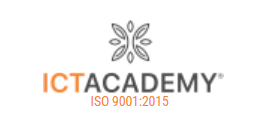

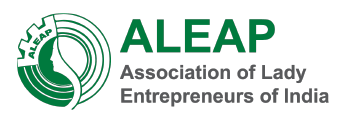


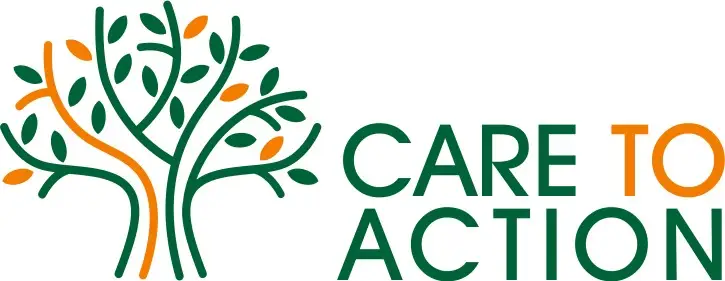


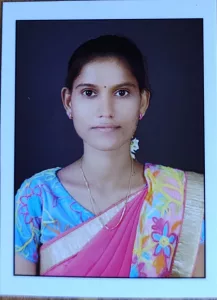




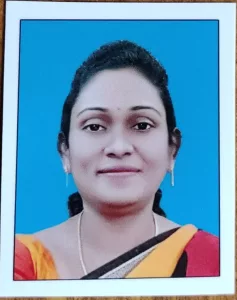


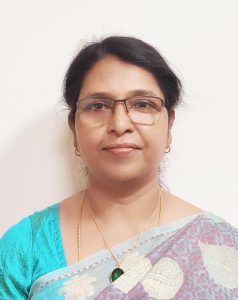
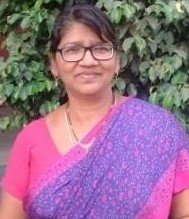
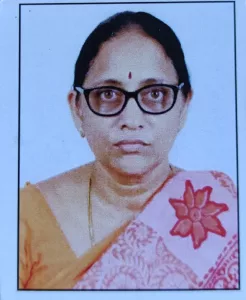
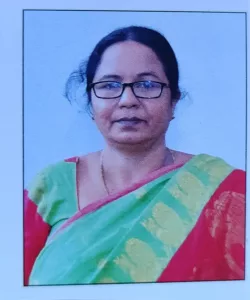
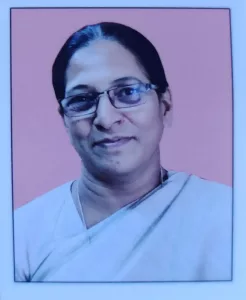
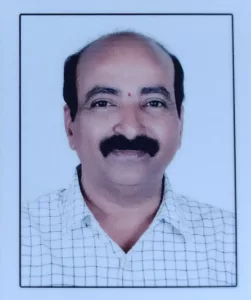
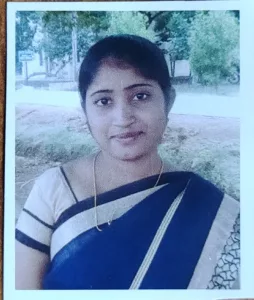
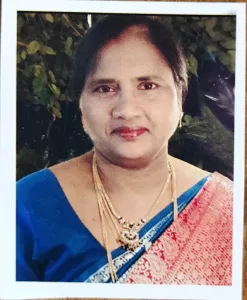

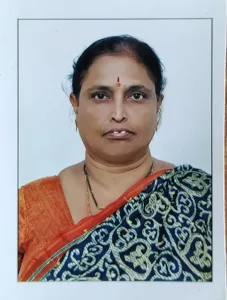
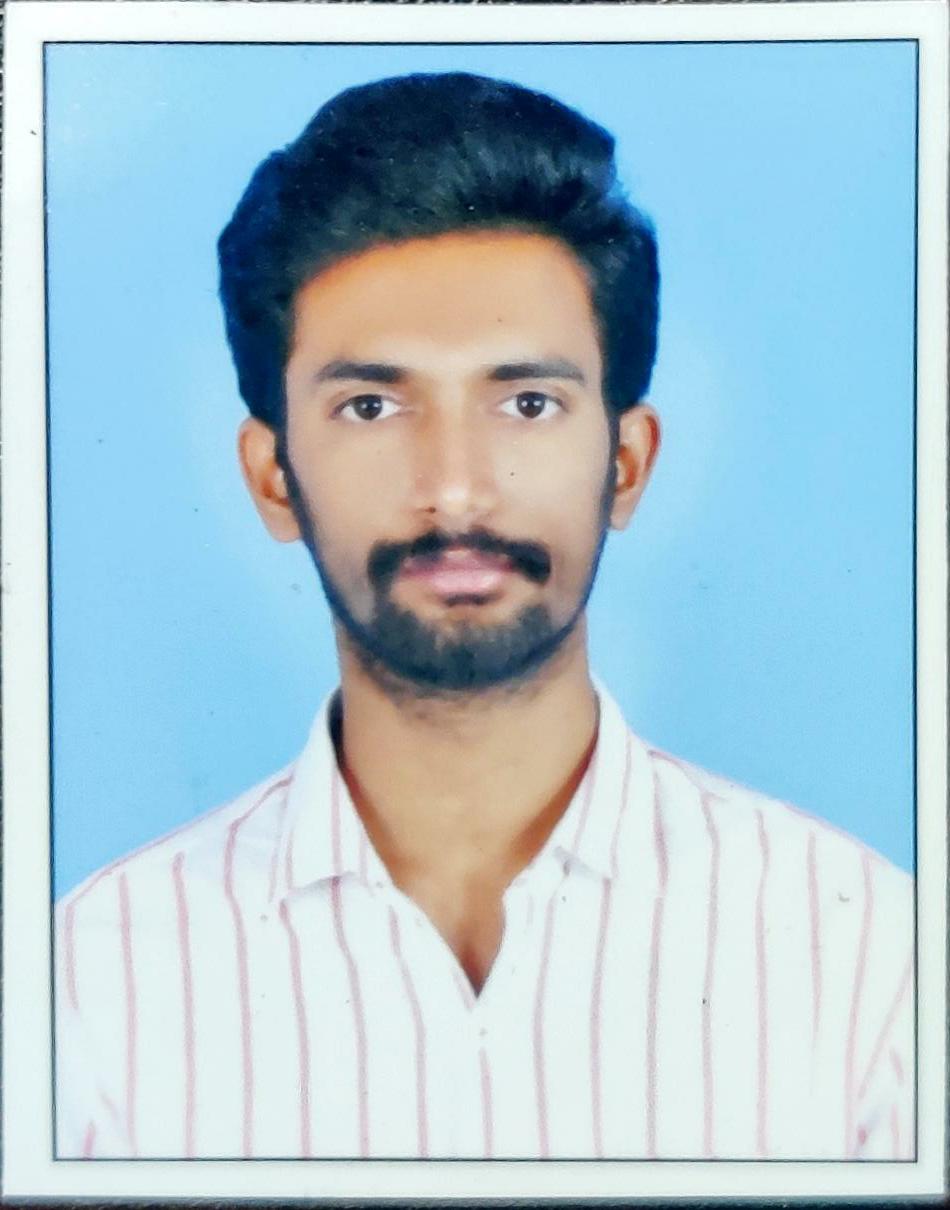
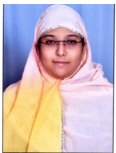
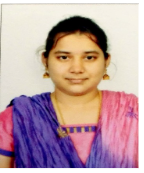
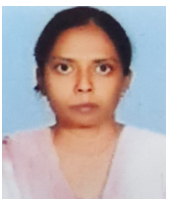
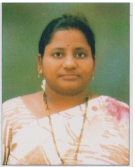

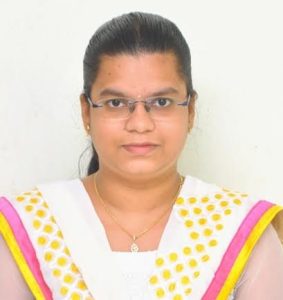

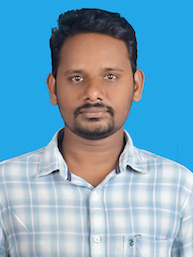
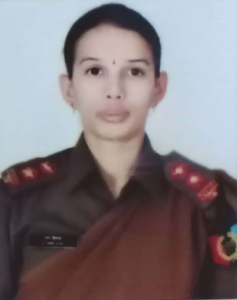
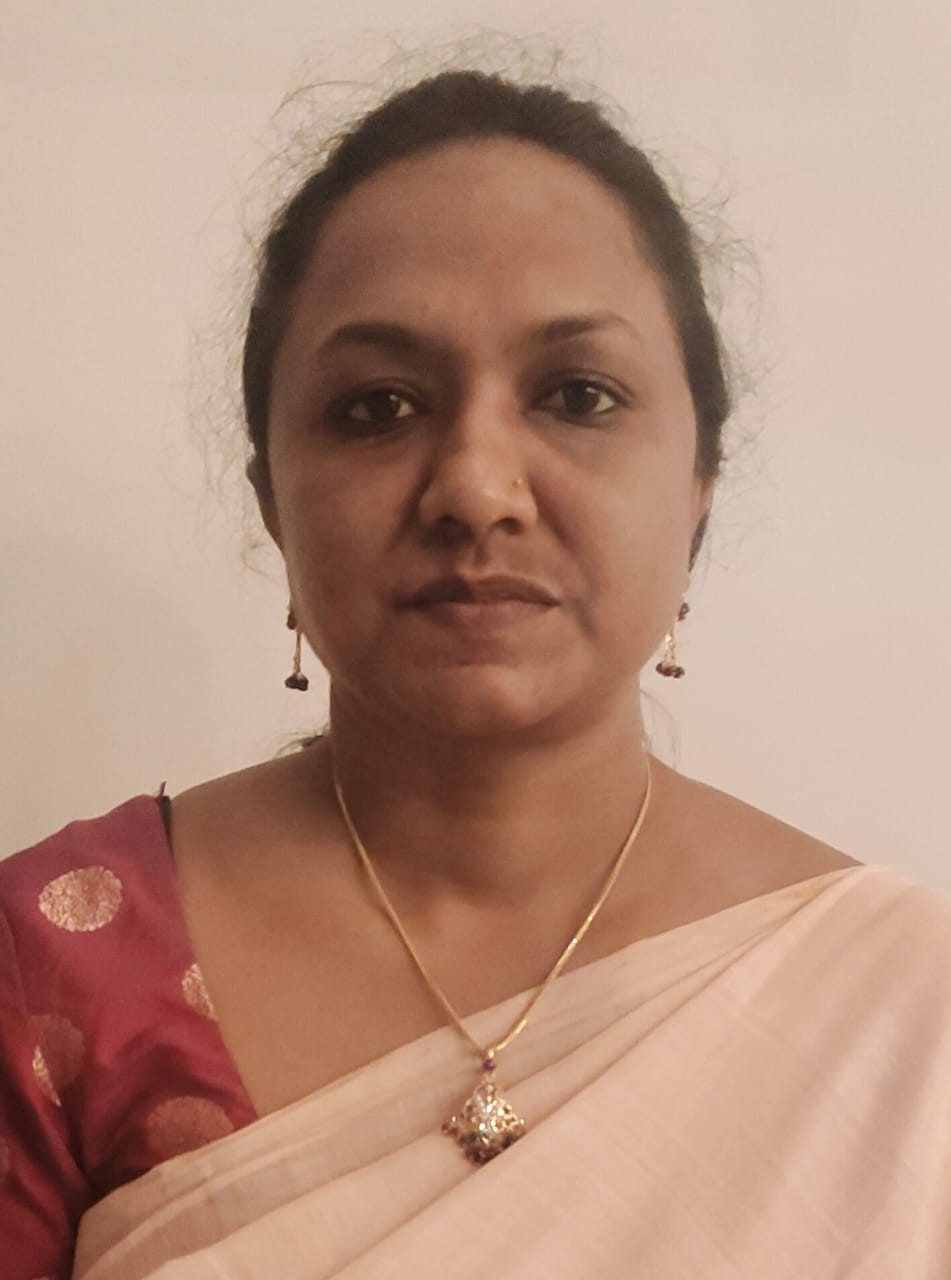
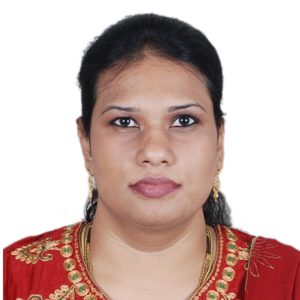

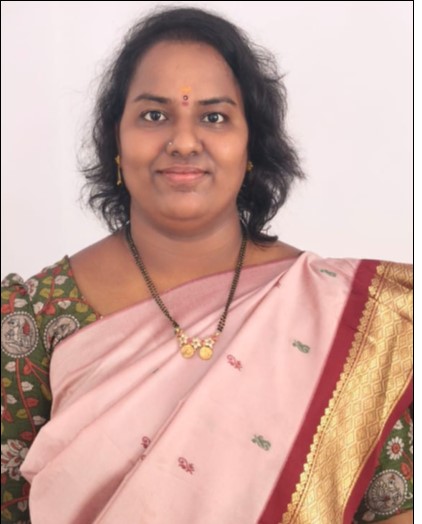

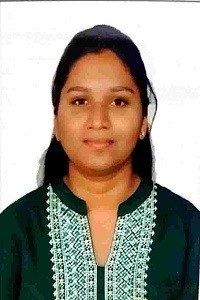
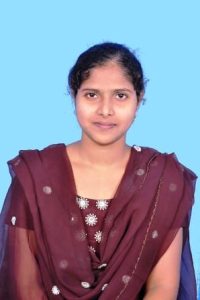
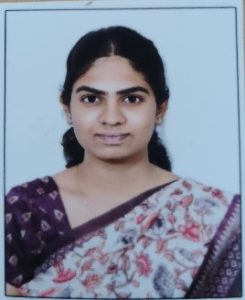


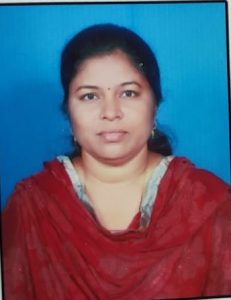



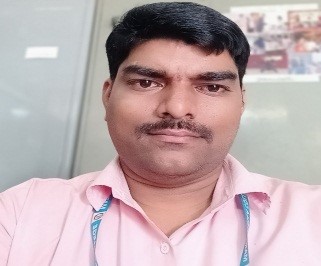

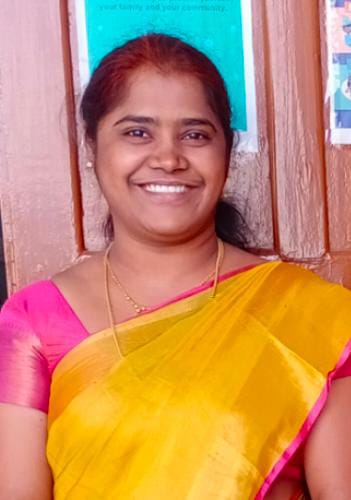


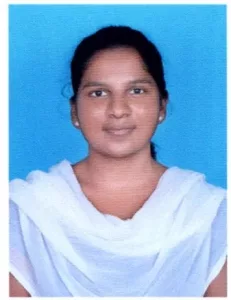
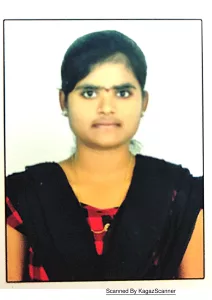
 Maris Stella College launched “English Fellow Program” by US Embassy on 3Oth August 2021
Maris Stella College launched “English Fellow Program” by US Embassy on 3Oth August 2021
